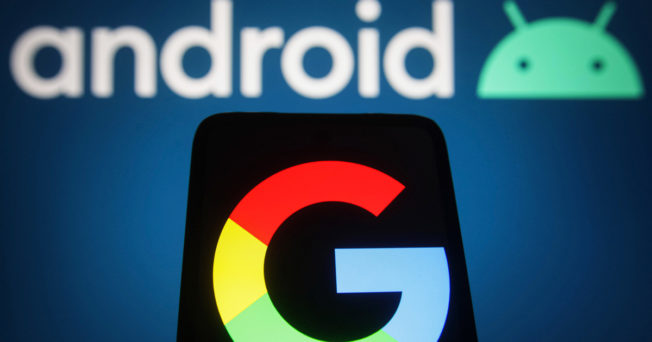Mark your calendar for Mediaweek, October 29-30 in New York City. We’ll unpack the biggest shifts shaping the future of media—from tv to retail media to tech—and how marketers can prep to stay ahead. Register with early-bird rates before sale ends!
Google will allow nongaming app developers to offer European users a rival payment option on its Android operating system, the company announced via its blog post.
Although a change previously resisted by the company, this move by Google comes after the European Commission, the government body of the European Union, passed the flagship Digital Markets Act (DMA)—a piece of legislation aimed at regulating the market power of big tech companies. However, sources note this as a small concession within the many battles between regulators and big tech.
“Google’s move to enable rival payment systems in EU aligns with their recent approach to antitrust regulatory pressure,” said UM Worldwide chief privacy officer Arielle Garcia, “namely to offer preemptive concessions to stave off further scrutiny or enforcement which might net a less favorable more prescriptive result.”
Google plans to expand billing alternatives to developers of gaming apps for their users in the EEA, in advance of the DMA’s effective date, per the blog post.
Top line
Per the changes, Google has proposed a reduced service fee by 3% if a consumer chooses a different billing system. This means that Android developers who choose a rival billing system will still need to pay Google 12% instead of a 15% fee for every transaction, which developers need to pay if they are offering Google’s billing system. If developers make more than $1 million in a year, Google will charge a 27% fee on transactions as opposed to the original 30% fee.
Currently, the tech giant claims that 99% of developers qualify for a reduced service fee.
Google’s decision doesn’t apply to gaming apps, nor does it apply to users outside the DMA’s jurisdiction of Europe.
“Google is doing the bare minimum to stave off regulators,” said Stephanie Liu, privacy and marketing analyst at Forrester. “I wouldn’t be surprised if regulators eventually say it’s not enough.”
However, “this is among the first of many changes we can expect to see from big tech as they navigate DMA and DSA readiness,” said Garcia who notes monitoring whether these changes will be limited to the EU versus rolled out globally.
The tech giant was contacted for comment but did not respond to this point.
Between the lines
Google’s in-app payment fees have already triggered several lawsuits, including one from Tinder parent company Match Group stating Google has “illegally monopolized the market for distributing apps” on Android by forcing apps to use the company’s billing system and then taking a cut of the payments.
However, Google justified its fee via its support page stating it “has never been simply a fee for payment processing” and instead “reflects the value provided by Android and Play.”
Meanwhile, competitors like Apple have relayed security concerns over alternate payment methods.
Bottom line
Although the DMA isn’t expected to go into force until Spring 2023 and awaits one more round of signatures, Google is making forward strides with these changes ahead of time.
“We are launching this program now to allow us to work closely with our developer partners and ensure our compliance plans serve the needs of our shared users and the broader ecosystem,” the blog post reads.
But “this latest fight between Google and European regulators is just the beginning,” said Liu.









